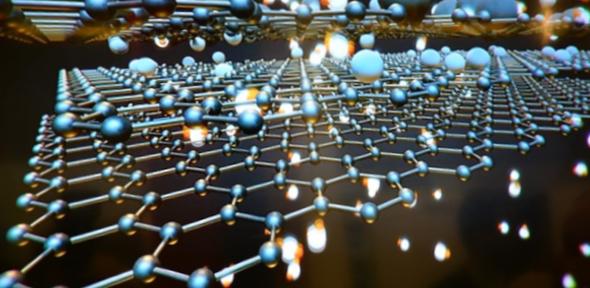
Energy materials is a major Cambridge research activity with a large and cohesive research network that focusses on exploiting unexplored synergies between different energy fields for analysis, scientific understanding, and control of interfaces in energy devices. The Energy IRC provides the energy materials community with a forum for multidisciplinary scientific discussion of key cross-cutting scientific issues in energy research, and forging close links to industrial partners and supporters through which significant breakthroughs in mapping the potential performance trajectories of different technologies, novel device concepts, device performance, and discovery of new materials have been enabled.
An integrated science and engineering programme is required to meet the UK’s target of achieving net-zero emissions by 2050, exploiting the convergence of societal need, industrial pull and recent scientific advances to bring about an energy revolution. Cambridge’s well-established ecosystem across energy research, advanced characterisation and growth techniques, and strong relationships with industry can enable a new generation of better-performing and more reliable energy materials for applications such as high efficiency solar power, grid-scale energy storage, waste heat conversion, carbon capture, solar fuels and green hydrogen.
Energy generation and storage costs have greatly reduced in the past decade, primarily due to the energy efficiency and cost reduction of new solar and wind power generation, compared to fossil fuels, and due to the cost reduction of better materials and manufacturing at scale. There is still significant scope for improvements to be made in battery technologies (Faraday Institute, Energy Storage Supergen+, Centre of Advanced Materials for Integrated Energy Systems (CAM-IES)), solar cell efficiencies e.g. perovskite cells (Royce Institute), and new fuels, with the potential for these to be scaled up dramatically by 2050, to operate closer to the fundamental limits of performance.

